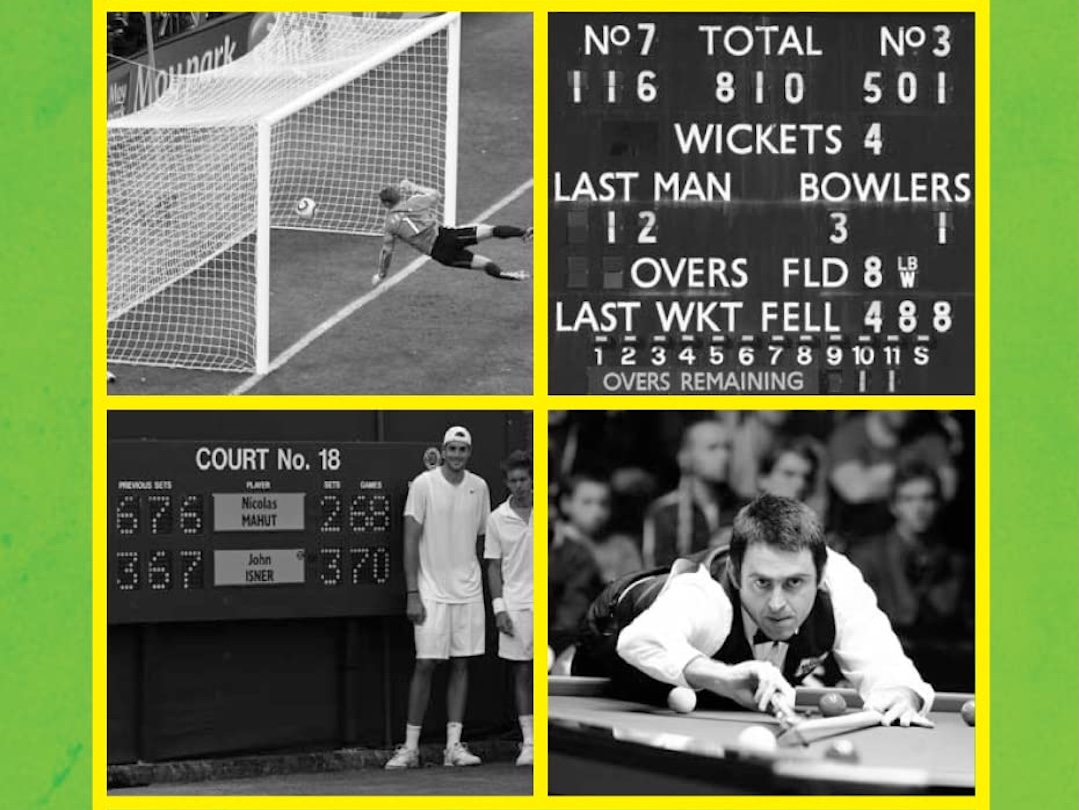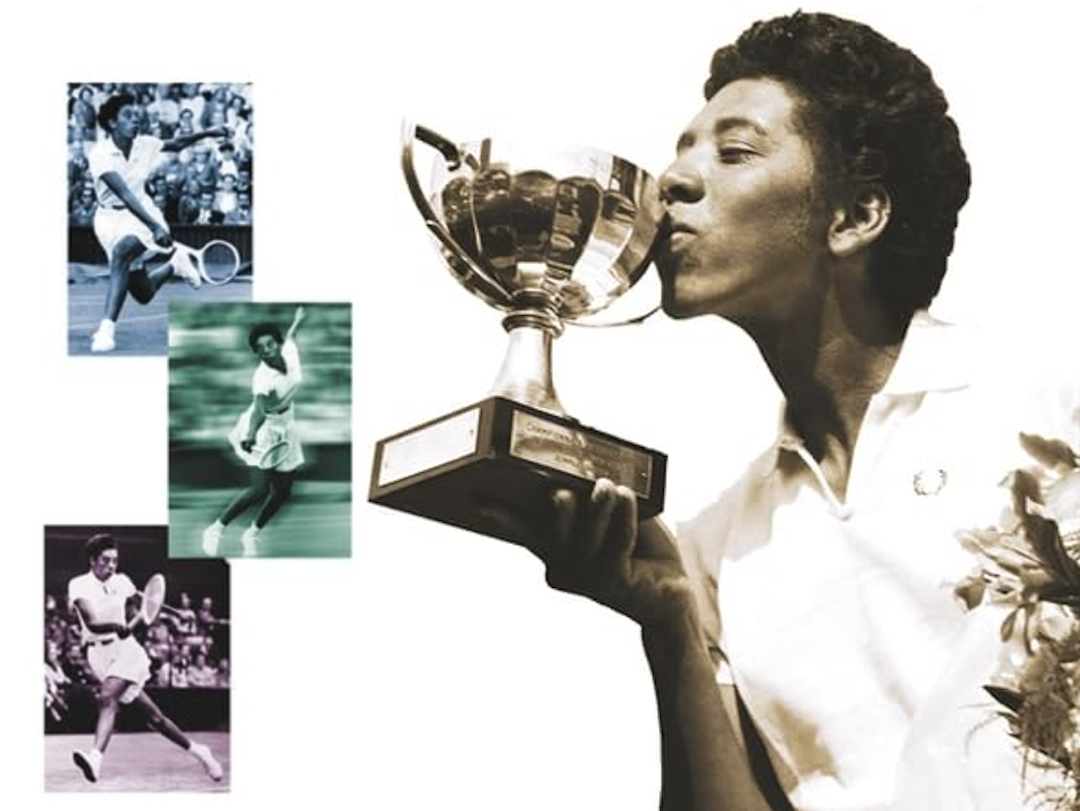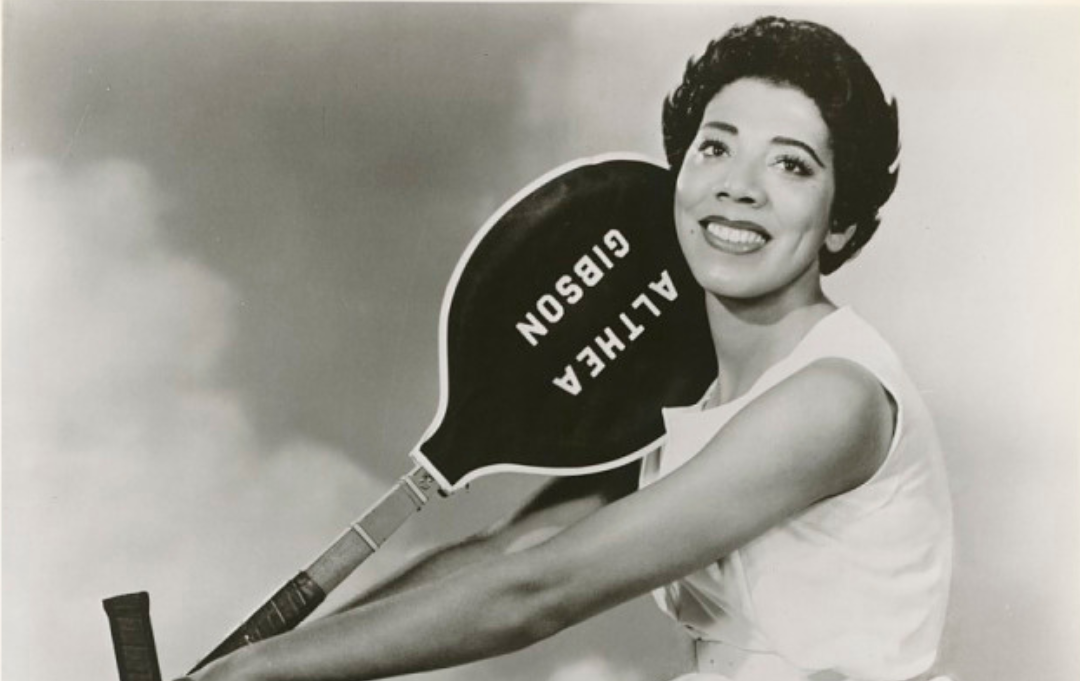The next focus area on our journey exploring topics inspired by The Happiness Project is to “Act More Energetic.” While it seems intuitive that people behave the way they feel, the opposite can also be true. Rubin’s theory is that action and feeling are inextricably linked in a two-way connection. If you want to feel a certain way, it makes sense to act it out. Consciously choosing to behave energetically creates a positive feedback loop that lifts your mood and motivates action.
For tennis players, this idea can be a game-changer. Acting like you are energetic can actually boost your energy levels while also improving your mindset. As a bonus, it can also have a psychological impact on the players on the other side of the net. If your opponents become convinced that your energy levels are higher than theirs it can create a mental advantage that may not really exist. Acting more energetic on the tennis court is not just about faking it but rather intentionally adopting behaviors that can influence match outcomes.
In 2019, the ITF sponsored a research project that underscored the powerful connection between non-verbal body language and performance. The study revealed that players who exhibited dominant body language, such as standing tall, maintaining eye contact, and moving confidently, were more likely to perform well in the ensuing point. Conversely, those who displayed submissive behaviors, like slumping shoulders or avoiding eye contact, were more prone to negative outcomes. This demonstrates that projecting energy and confidence, even when you’re not feeling at your peak, can create a positive feedback loop that enhances both mindset and results.
This same study also revealed that during tie-break scenarios in professional tennis matches, players with dominant body language were observed to have better outcomes. This suggests that simply acting energeticly can effectively shift your mindset and potentially create a psychological edge when none should logically exist. After all, the score is tied between players embroiled in a tie-breaker, so they should be on an emotionally level plane.
Several practical strategies can be used to harness this idea. First, is by focusing on emulating dominant body language throughout matches. A mental trick that works for me is imagining myself as a lion. In fact, I used that mechanism during an epically long match played on a hot and humid day over Memorial Day weekend last year. As my opponent was cramping on the other side of the net, I stalked back and forth on my side as if I were ready to move in for the kill. The reality is that I was probably in worse shape than she was.
In addition to avoiding actions that signal fatigue or defeat, players shouldn’t reveal too much about their physical condition if it can be avoided. For example, I take pains to obscure the pickle juice coming out of my bag in the rare instances when I experience cramping. Similarly, when I am fighting through an injury during a match I will try to hide that to the greatest extent possible.
One thing that I will be working on this month is eliminating my chronic reflex of responding with negative body language in the immediate moments after a lost point ends. Fortunately the ITF research paper had some constructive ideas for addressing that. Specifically, rather than simply stopping the habit, it can be replaced with something else. I’m going to try to immediately turn my back to the net and walk briskly toward the back fence after every point. That should effectively hide any initial indications of mental anguish from my opponent.
The principle of acting energeticly extends beyond the tennis court. In daily life, adopting confident and high-energy behaviors can boost productivity, enhance emotional resilience, and create a ripple effect of positivity. Whether tackling a challenging project or simply navigating the demands of a busy day, acting with energy and purpose can help you face challenges with a renewed sense of motivation and optimism.
In 2025, consider challenging yourself to consciously act more energetically on and off the court. By embracing this practice, you may find that energy is not just a feeling but a state of being you can create through deliberate action. The results could be transformative.
Fiend At Court participates in the Amazon associates program and receives a paid commission on any purchases made via the links in this article. Details on the disposition of proceeds are available on the “About Fiend at Court” page.
Throughout 2025, I am dedicating the first full weekend of every month to exploring how ideas from Gretchen Rubin’s The Happiness Project (<- Sponsored Link) can spark greater enjoyment and happiness in tennis. This is a non-tennis book that I have come to believe everyone should read. Seriously, you should get your hands on a copy of this book and consider trying some of the techniques described by the author.
- The influence of non-verbal body language on sport performance in professional tennis, Rafael Martínez-Gallego & David Carrillo Molina, ITF Coaching and Sport Science Review, International Tennis Federation, December 27, 2019.




